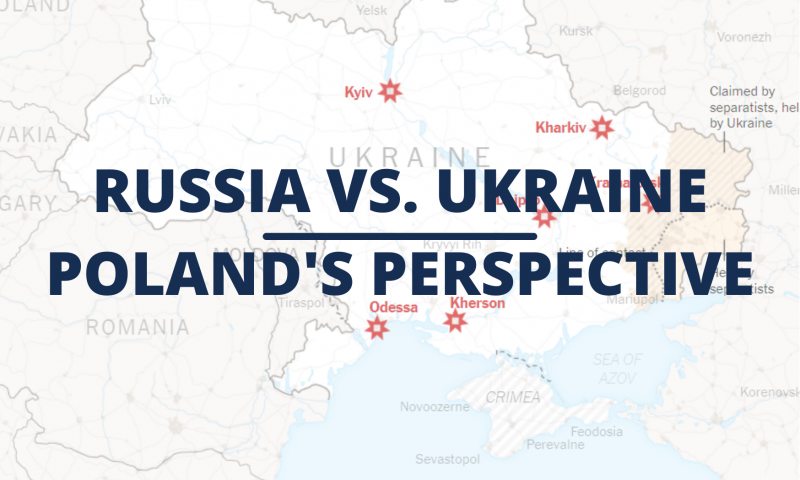Empowering Organizational Health and Longevity
How Longevity is Culturally Learned
In my worldwide work with centenarians (one hundred years or older), I initially looked for genetic endowment as the main ingredient of healthy longevity. I was pleased to learn that, in the components of longevity, genetics only accounts for 20%. This level of genetic contribution has been confirmed with other researchers that have also studied centenarians worldwide. Given these findings, my focus shifted from genetic endowment to discovering the ingredients that were inherent in these very unique individuals who defy the established premises of conventional gerontology. I now differentiate between growing older, the passing of time, and aging, the cultural beliefs assimilated in the process of growing older. These embodied cultural beliefs are more contributory to healthy longevity than the emphasis conventional gerontology places on geography, diets, and genetics.
The development of culturally learned healthy longevity includes what in my view defines culture: the beliefs about aesthetics, ethics, religion, illness, wellness, kinship, socialization, and time perception that groups share. Interestingly, although cultures uniquely interpret each of these essential variables, I found a common denominator that I call individuated beliefs. In other words, centenarians perceive each of their culture’s beliefs as outliers rather than what the norm dictates. This outlier consciousness that I observed is apparent in how centenarians individuate each of the parameters that define their subcultures. For example, although centenarians share similar beliefs about wellness, they expand the horizons of the general concept embraced by their cultures to fit their needs based on personal experience rather than what is implicitly defined by their cultural editors (individuals endowed expertise in specific contexts).
Empowering Organizational Health and Longevity
The principles of centenarian consciousness can be applied to organizations with my model of Empowerment Code. It is within this model that businesses of any size can begin to implement strategies and tactics to improve the wellbeing of employees and companies. Key components of Empowerment Code are grounded in a navigational compass that balances wellness with productivity and accountability with teamwork. By empowering employees (i.e. providing access to resources needed to complete a task), meaning is found, and purpose is fulfilled rather than relying on measurements of “happiness at work,” which research shows little correlation to wellness and productivity. For example, employees could be very happy at work without necessarily being healthy or productive. My research shows that the opposite is also true. Individuals that bring meaning and purpose to a team are given more control as a unit of local intelligence to problem solve and continually make improvements throughout the company. The Empowerment Code model is based on the most resilient system in the world that makes hundreds of thousands of decisions per second under adversity - our immune system.
Creating Terrains for an Ecology of Empowered Longevity
The terrain of empowerment that I propose requires a paradigm shift of beliefs followed by action, from genetic sentencing to propensity for gene expression, differentiating aging from growing older, and understanding that meaning and purpose in life are powerful immunological enhancers. Additionally, rather than focusing on specific behavior change, shifting to identify terrains that maintain unwanted behavior and support desired outcome. Mind and body, self and others, self and terrains, are reciprocal networks of culturally based perceptions. For example, research in the field of psychoneuroimmunology (PNI) - how thoughts and emotions affect the regulation of nervous, immune, and endocrine systems - consistently show that shaming causes inflammation (increases in tumor necrosis factor and other pro-inflammatory molecules) as if the immune system were responding to external pathogens rather than to shaming words. Most fascinating however, is that individualist cultures ( US, UK, Australia) respond differently to shaming admonitions than collectivist cultures (Japan, Korea China). For individualist cultures, shaming the person causes the response, whereas for collectivist cultures, it has to be perceived as shaming the family or group before there’s an inflammatory PNI response! Most important however, inflammation, is one of the most prevalent conditions in illnesses including depression, cancer and autoimmune disorders.
When we recognize the importance of how healthy centenarians view their world as opportunities to thrive from adversity and celebrate life with meaning, we can begin to implement terrains that support centenarian consciousness to be learned at any age.
Author:
Mario Martinez, PsyD
Founder, Biocognitive Institute, Expert Longevity Center Europe
Dr. Martinez is a clinical neuropsychologist who specializes in how cultural beliefs affect health and longevity. He is the author of the bestselling books The MindBody Code: How to Change the Beliefs that Limit Your Health, Longevity.
Dr Martinez is conducting workshops for Longevity Center clients as well as interested organisations, mainly on Empowerment Leadership.








